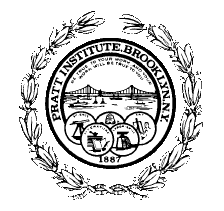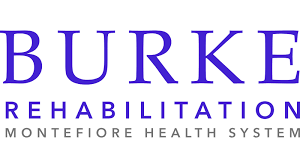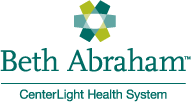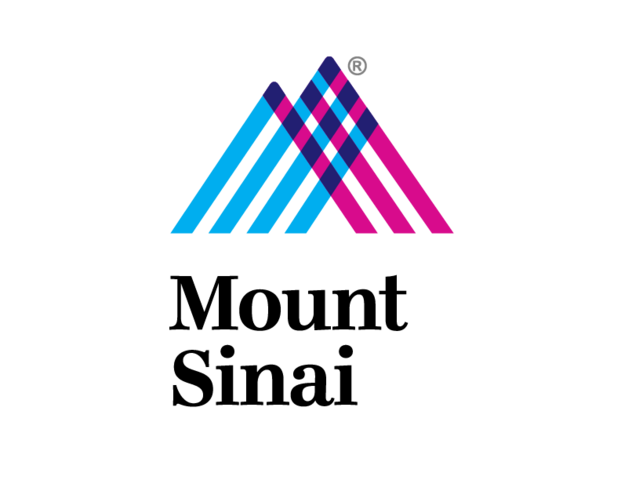Teaching Therapeutic Thematic Art Programming (The TTAP Method ™) on a Global level; Impacting Practice and the Care for Those Afflicted with Dementia and Alzheimer’s Disease. Submitted for 2010 Fulbright Brochure
Written by, Linda Levine Madori, Ph.D. CTRS, ATR-BC, LCAT
Alzheimer’s disease (AD) one of the most expensive diseases to treat, due to the length of time an individual can live after diagnosis, which is estimated to be from 10 to 18 years (American World Health Statistics, 2009). Currently, there is no cure and the global world struggles to address the growing numbers of individuals diagnosed which estimated at 30-40 million people worldwide. Receiving two Senior Specialists Awards through the Fulbright organization specifically in the area of Global Health the following the following is the story of my teaching and research initiatives in Finland during this past summer of 2009.
In 2007, I authored the book entitled; Therapeutic Thematic Arts Programming for Older Adults (TTAP Method ™) through Health Professions Press. The TTAP Method™ which is a non-pharmaceutical approach, is founded and builds upon 3 areas of science that affects the Alzheimer’s population which include; neuroscience, developmental psychology and language usage. The Method, which is created to systematically stimulate right and left brain regions has been demonstrated in 3 pilot studies to play a crucial role increasing cognition by keeping the individual with AD mentally active, socially stimulated and personally engaged (research underway includes; Cornell University, in New York; Beechtree Rehabilitation and Care Facility in Ithaca, New York and through the Finnish Alzheimer’s Association).
The TTAP method™ moves modern day research into practice, thus providing caregivers, healthcare providers’ and clinicians new and innovative ways in which to interact, communicate and provide person centered care in an inexpensive non-pharmaceutical intervention.
The care and treatment of those diagnosed with AD, has moved from a medical perspective to a social model. The National Finnish Alzheimer’s Association’s mission is to create strategies of rehabilitation in the homes and healthcare programs for those afflicted with any form of dementia.
I was invited to teach the Foundations of the TTAP Method™ and the Certificate Course to 3 Universities in Finland; Hamk University of Applied Sciences, SEAMK University and the University of Tampere. In the photo below, students in the areas of Gerontology, Nursing, Psychology, Art Therapy and Therapeutic Recreation study through the identification of specific brain regions that are stimulated through the TTAP Method™.

Students at HAMK International Summer School study the TTAP Method and its relationship to the Brain.
As a Keynote Speaker for two Finnish Alzheimer’s Association chapters, I was able to present the latest research on the TTAP Method™ to over 500 professionals in the various areas of healthcare. Participants learned how the Method can stimulate verbal interactions and effect cognitive abilities in those diagnosed with AD through the use of past personal themes ( as seen below).

500 professionals and caregivers attend the Alzheimer’s Association Conference in Helsinki.
Dr. Levine Madori’s Keynote Presentation to Tampere Finnish Alzheimer’s Association.
Keynote presentation on TTAP Method™, Dr. Levine Madori illustrating cognitive increase in participants shown after 12 week pilot study.
Below, the Executive Director, and the managing team of the Helsinki-Alzheimer’s Association meet to discuss strategic structuring of international research pilot study utilizing the TTAP method™ in early 2010.
One of the main goals of the Fulbright Scholarship Awards is to increase opportunities for international research which will better enhance our global community. Below, I was honored by the Executive Manager of the Hämeenlinna Alzheimer’s Associations’. The Association received an award of 600,000.00 Euros to study the TTAP Method™ on those afflicted with AD over the course of the next three years. The regional award will focus in Hämeenlinna, which is also the home of HAMK University. HAMK University has added the TTAP method to the core University curriculum, and is translating the book into Finnish by 2010. I have been invited me back in March of 2010 as a visiting specialist to continue teaching the 4th year students.
Executive Manager of Hämeenlinna Alzheimer’s Association receives 600,000.00 Euros to conduct a 3 year study.
The Continuing Education Department at HAMK University offered the Educational Certificate Course to professionals who work with the Alzheimer’s population. Over a 5 day period, participants’ learned the neuroscience, psychology and developmental learning theories that the TTAP Method is based upon.
First graduating class of the Certificate Course on the TTAP method, HAMK University, Finland.
My trip was more than I could have ever imagined and I look forward to returning to Finland in the near future, my thanks to the Fulbright Organization and all those who made this experience a reality. For more information on the TTAP Method™, please visit https://levinemadoriphd.com
Dr. Linda Levine Madori, ATR-BC, CTRS, LCAT
Professor, Author and Researcher
St. Thomas Aquinas College
Sparkill, New York
845-398-4184














